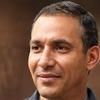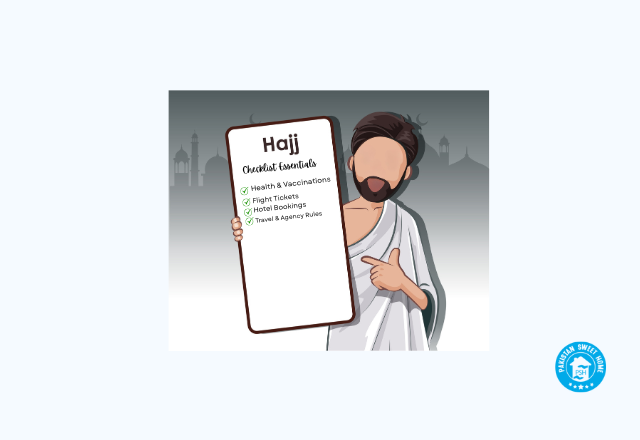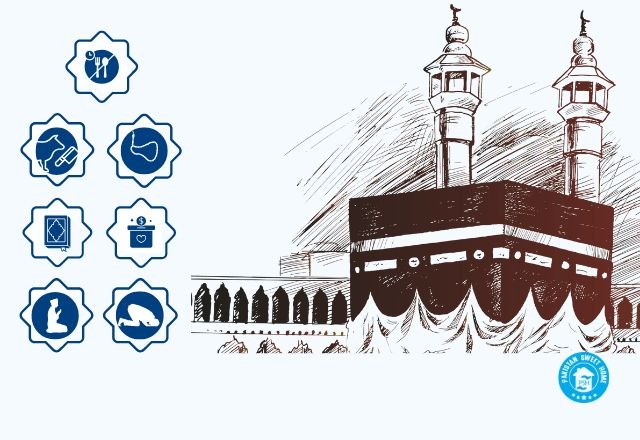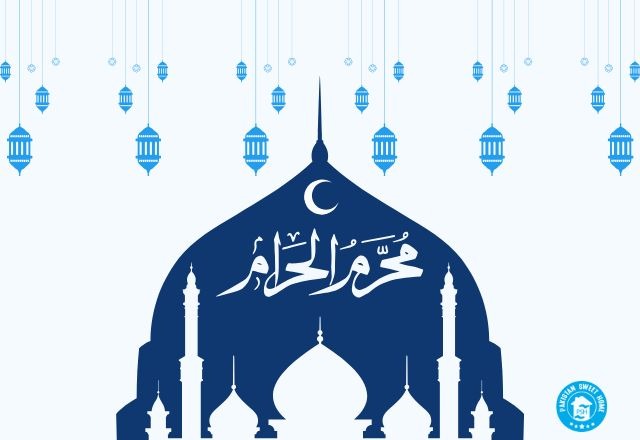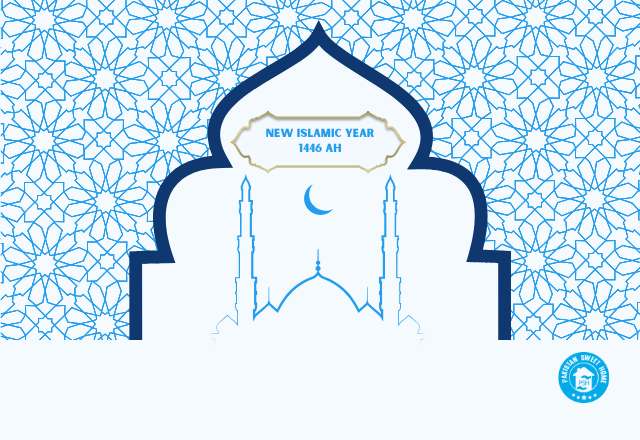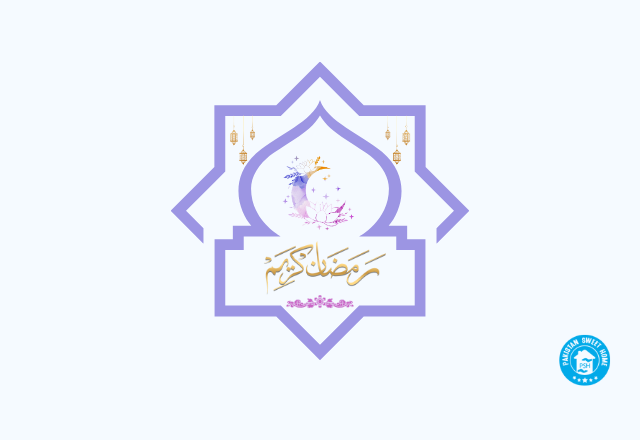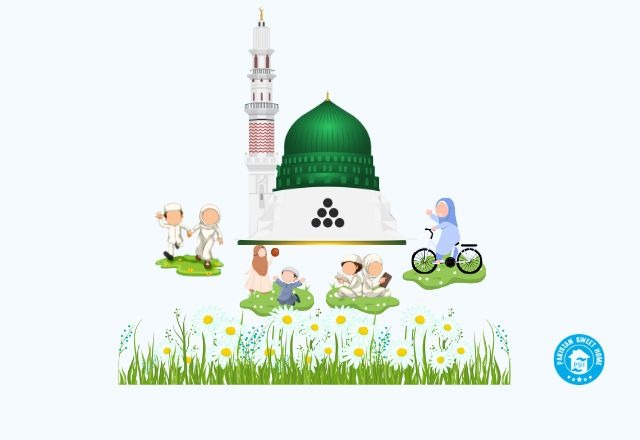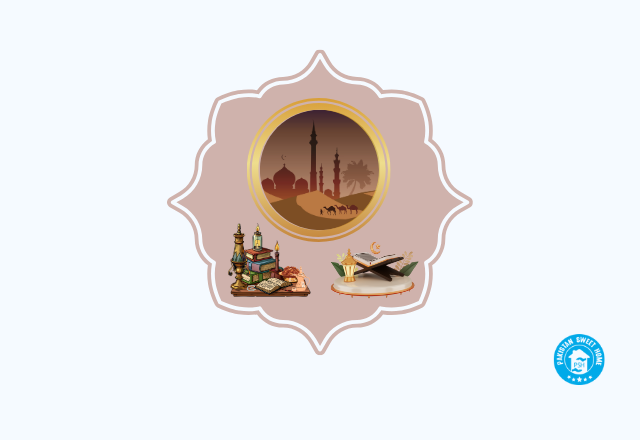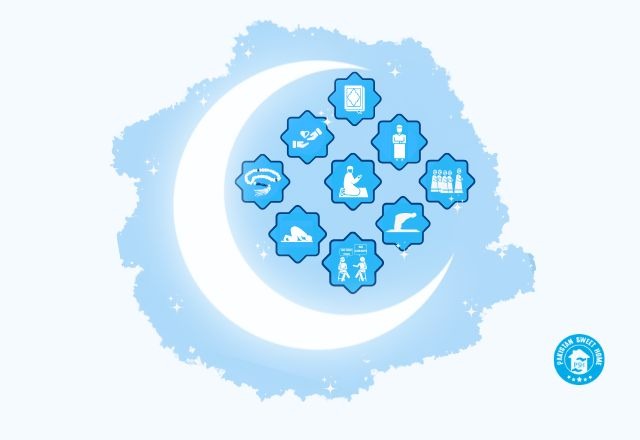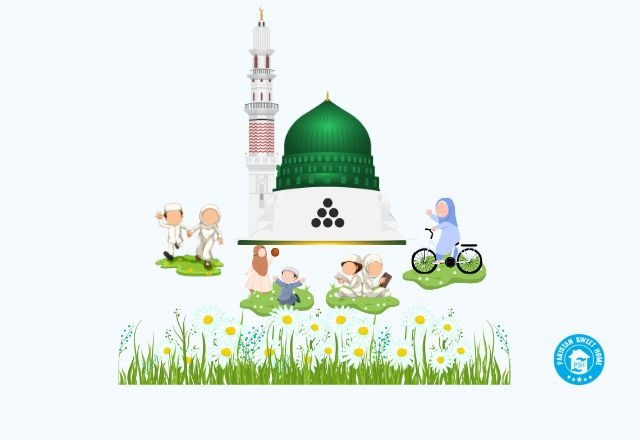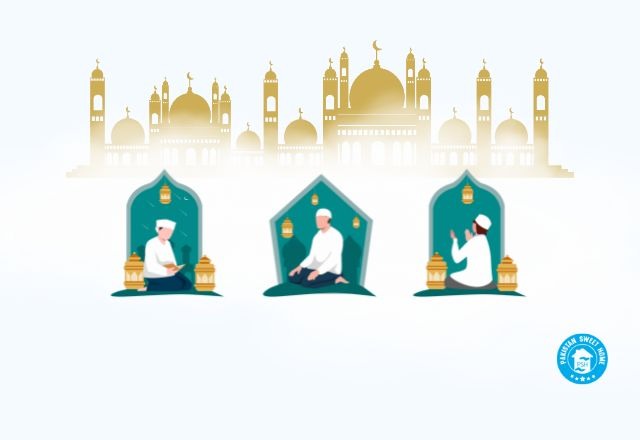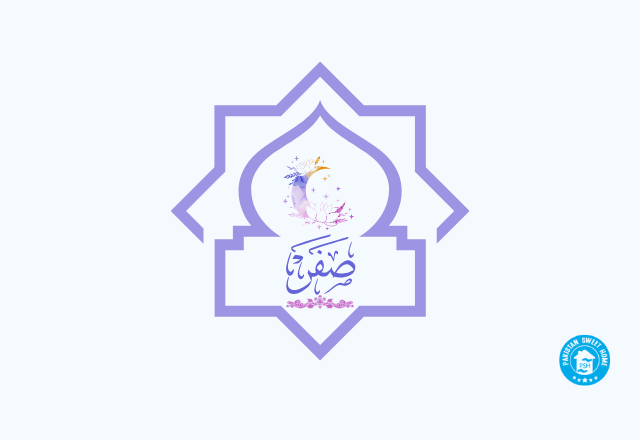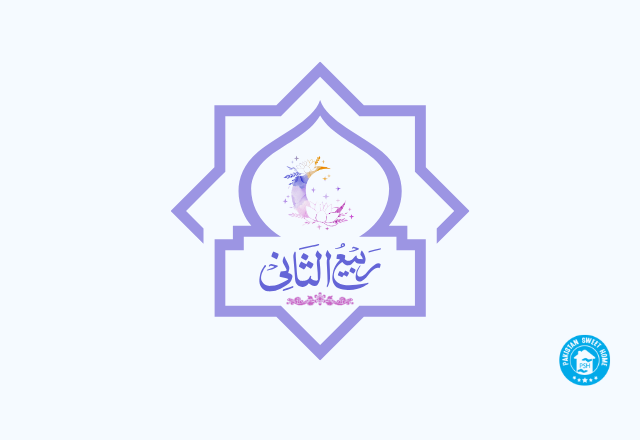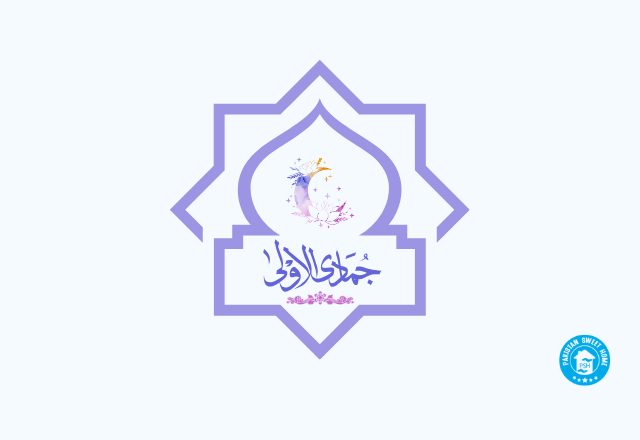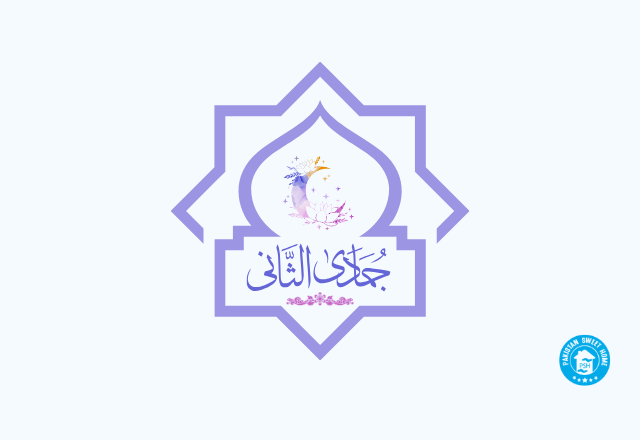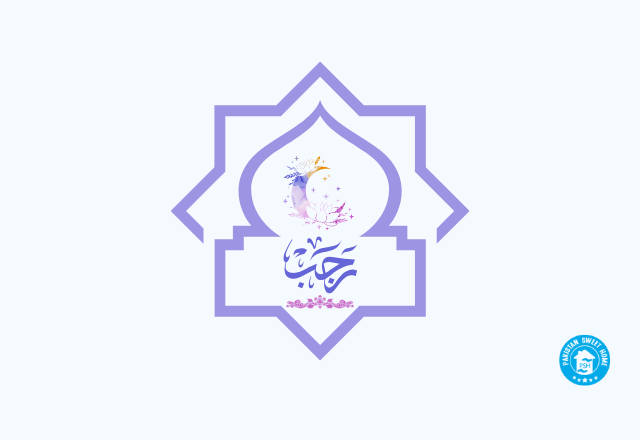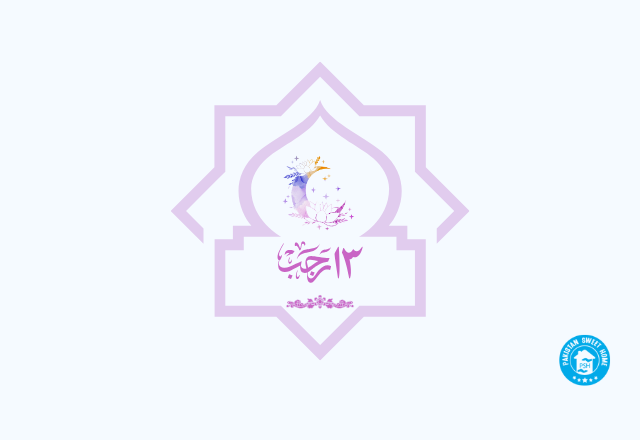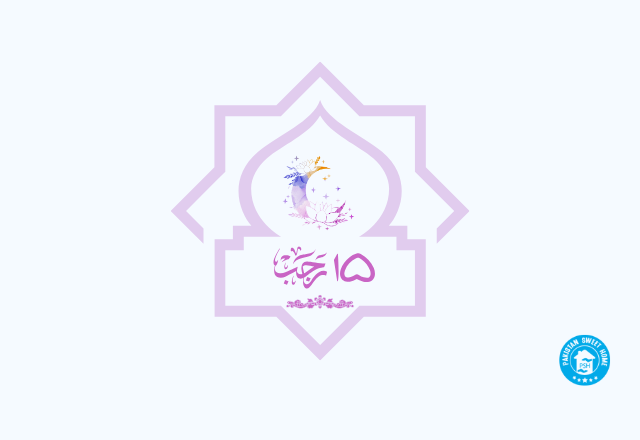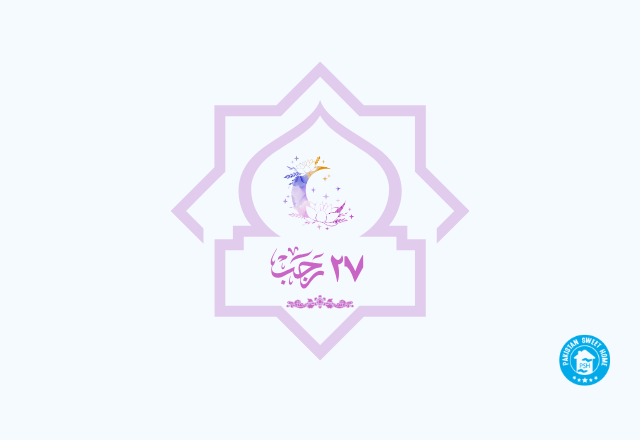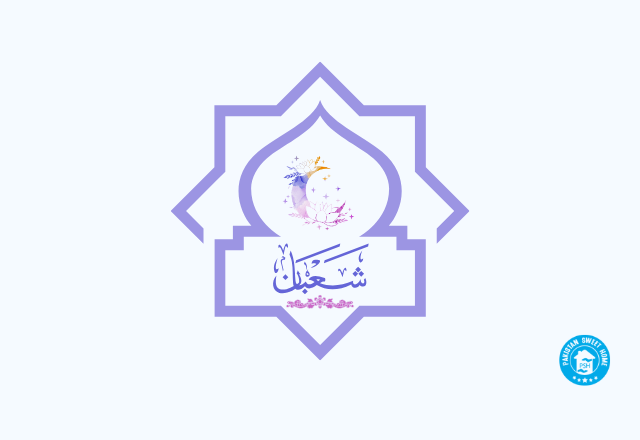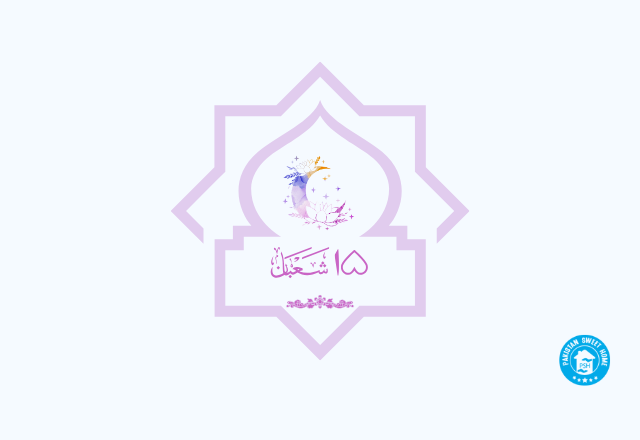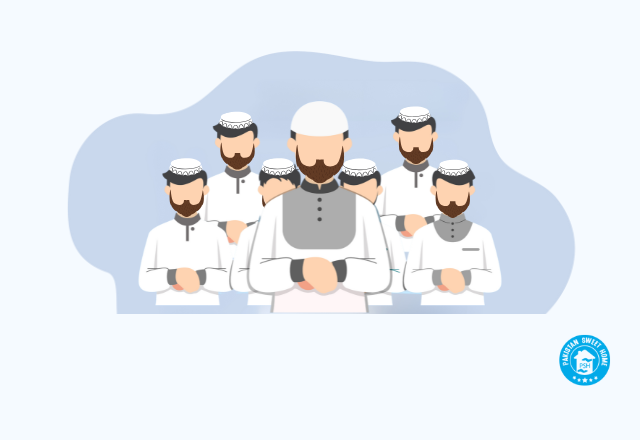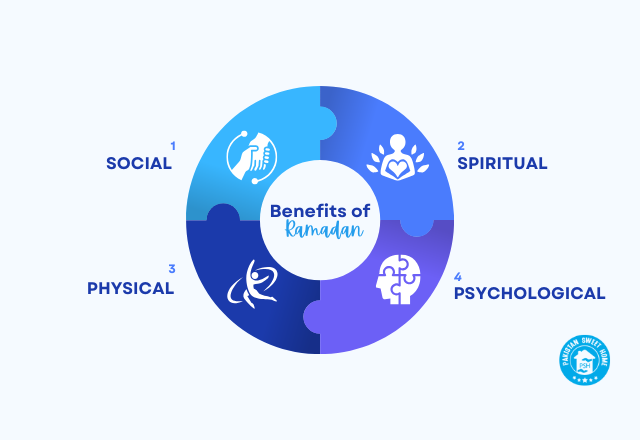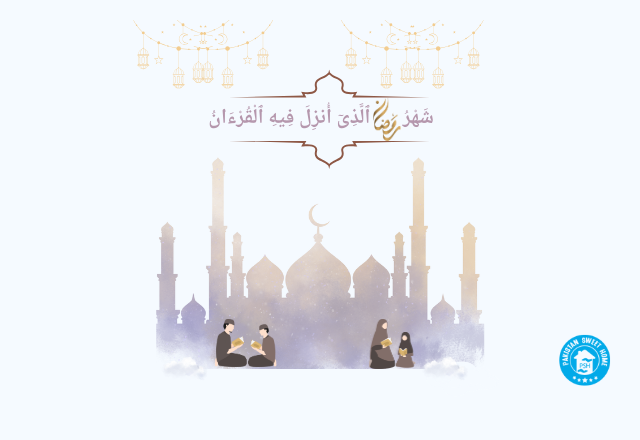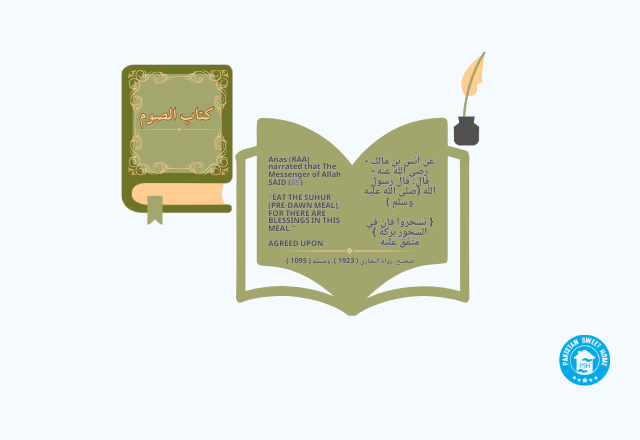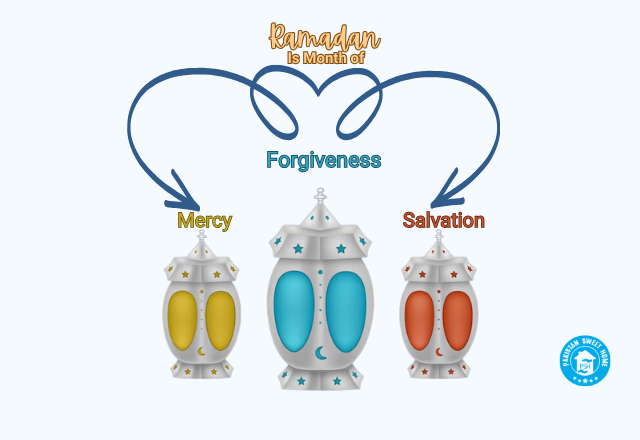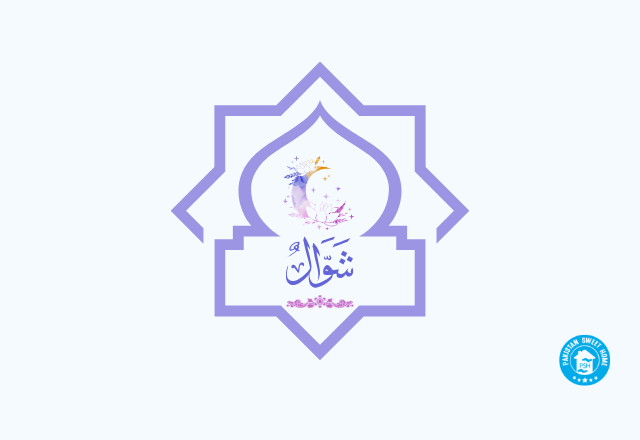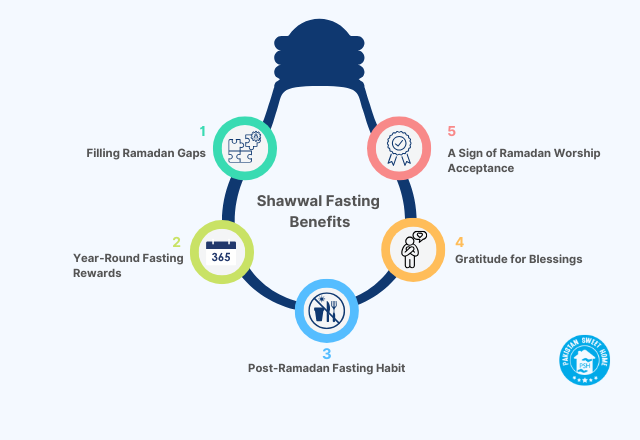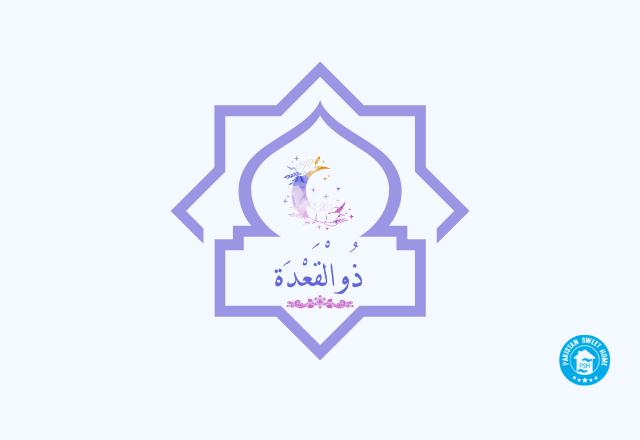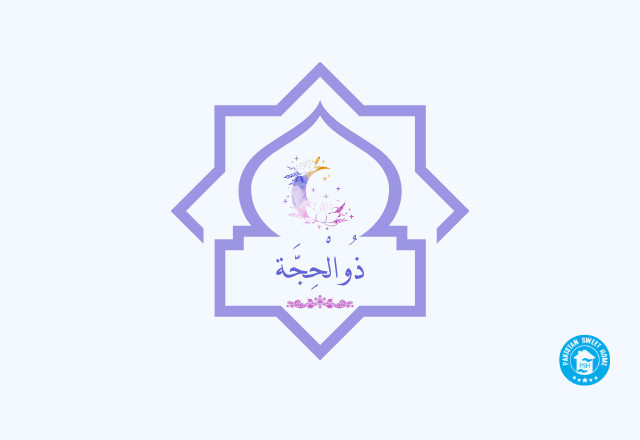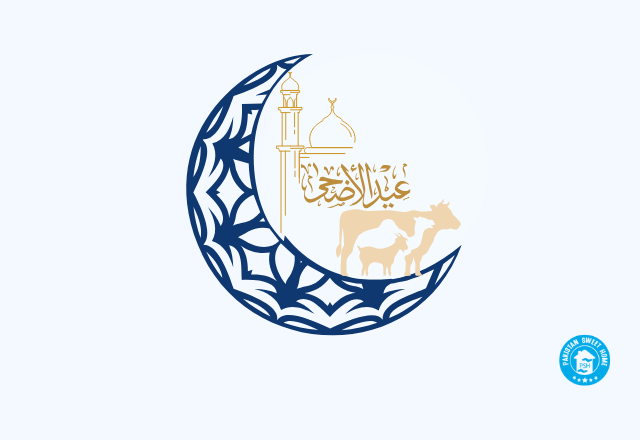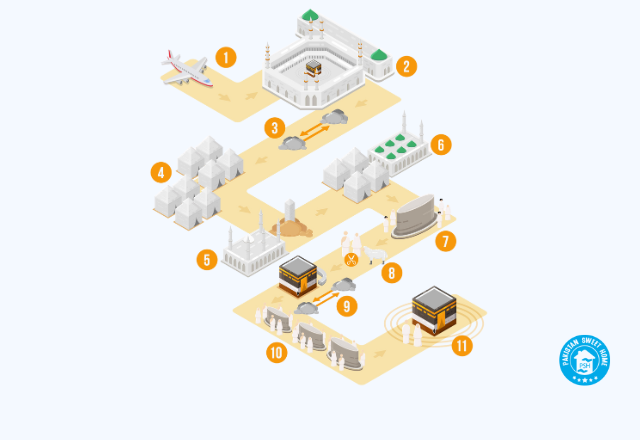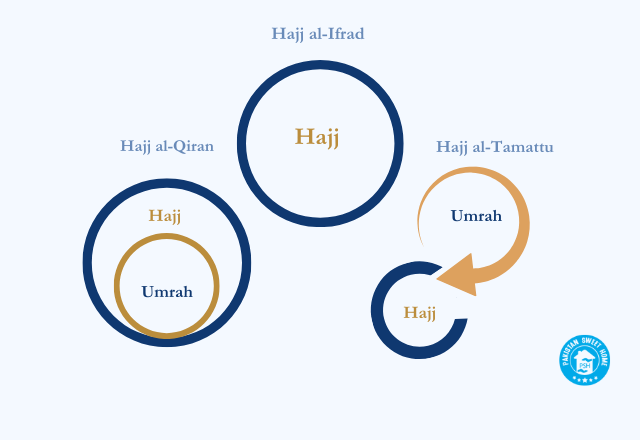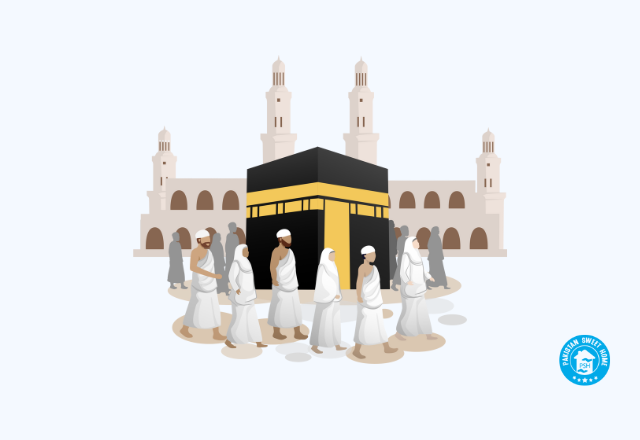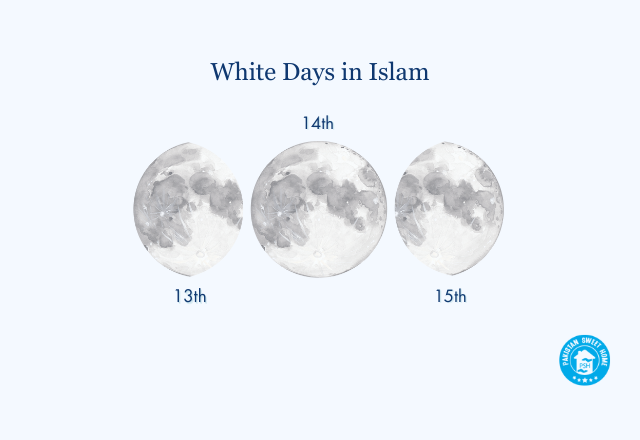For many pilgrims, the biggest worry before Hajj is forgetting something important.
The stress of missing essential documents, medicines, or Ihram clothes can quickly turn excitement into anxiety. Long rituals, extreme heat, and crowded conditions only make unpreparedness even more overwhelming.
A clear and complete Hajj checklist is the solution, helping you stay focused on worship, not logistics.
Let’s explore a step-by-step Hajj checklist covering travel documents, packing essentials, health tips, and spiritual preparations.
Why You Need a Checklist for Hajj
Hajj is a demanding journey that requires focus and preparation. Here is why having a checklist makes all the difference:
- Hajj involves many rituals in different locations over several days.
- You will walk long distances, face heat, crowds, and dust.
- Missing an essential item or document can cause delays or discomfort.
- Proper preparation allows you to focus on the spiritual rather than the logistical.
Updated Requirements & Rules for Hajj 2025
Before you pack, know the new rules and requirements. These often change year to year.
Visa, Registration & Permit
- You must register via the Nusuk platform, Saudi Arabia’s official Hajj portal.
- Only pilgrims with an approved Hajj visa may enter. Tourist or other visas are not valid for Hajj.
- First-time pilgrims are getting priority in registration in 2025.
Age Restrictions & Permitted Travellers
- Children are not allowed in Hajj 2025 for safety and crowd control reasons.
- Make sure you meet physical fitness standards; the elderly and those with chronic health conditions should get medical clearance.
Health & Vaccinations
- Valid vaccination for meningococcal meningitis is compulsory for all pilgrims.
- Depending on your country, you may also need polio or yellow fever vaccines.
- Pre-arrival medical screening may be required.
Travel & Agency Rules
- Use only licensed/authorized travel agencies. Unauthorized ones may lead to problems.
- Have your travel package booked, including accommodation and internal transport between holy sites.
Documents & Essentials
Make digital and physical copies. Keep them secure.
Document | Notes |
Passport | Valid for at least six months beyond the arrival date. |
Hajj visa, permit, Nusuk confirmation | Must match your travel package. Keep printed and digital copies. |
Vaccination certificates | Especially for meningitis, polio, and yellow fever, if required. |
Flight tickets & hotel bookings | Including transit, if any. |
Passport-size photographs | Often required for ID, group badges, and permits. |
Emergency contact list | Family, embassy, and local Hajj authority. |
Travel insurance/health insurance | If available, it helps for medical emergencies. |
What to Pack, Clothing & Accessories
You’ll need items suitable for heat, movement, modesty, and ritual rules.
Item | Purpose / Tips |
Ihram sets (men) | At least 2 sets; one clean in case the other gets dirty. |
Modest clothing for women | Loose, breathable fabrics covering arms, legs, and head as required. |
Underwear, socks, slippers/sandals | Breathable, easy to dry. Slip-ons help in and out during wudu/prayer. |
Comfortable walking shoes | Closed-toe for protection; one pair you’ve broken in. |
Hat, sunglasses, umbrella | For sun protection, shade is helpful in the heat. |
Toiletries, Hygiene & Health Supplies
Hygiene is crucial in crowded settings. Also, physical health must be preserved.
- Unscented soap, shampoo, deodorant (during Ihram, no scented items allowed).
- Toothbrush, toothpaste, floss.
- Moisturizer, sunscreen (high SPF), lip balm.
- Wet wipes, tissues, small towel.
- Nail clipper, comb.
- First-aid kit: painkillers, antiseptic cream, bandages, blister pads.
- Medications (prescribed ones), as well as rehydration salts, and fever reducers.
Electronics, Communication & Practical Gear
People sometimes overlook small tech items that make a big difference.
- Mobile phone with charger, power bank.
- Universal plug adapter; voltage converter if required.
- Portable flashlight or headlamp (for night prayers, tunnels).
- Earplugs, sleep mask (“eye mask”) to help rest in noisy/shared rooms.
- Reusable water bottle. Hydration is key.
- Backpack/day bag for what you need during rituals.
Ritual-Related Items & Spiritual Preparedness
Before setting out, make sure you prepare spiritually as well as practically. These essentials keep your focus on worship:
- Small Quran or pocket Quran; translation if needed.
- Dua books, guidebooks on Hajj & Umrah procedures. Learn the sequence of rituals.
- Tasbeeh (prayer beads) or Dhikr counter.
- A journal or notepad to record reflections, supplications, and reminders.
- Learn basic Arabic prayers or phrases used during Hajj.
- Understand the key rituals well: Ihram, Tawaf, Sa’i, standing at Arafat, Muzdalifah, stoning the Jamrat, sacrifice, Tawaf al-Ifadah, Tawaf al-Wada.
Duʿās for Hajj and ʿUmrah
Here are some important supplications (from your checklist) to recite during rituals:
- At the Miqāt (intention for ʿUmrah):
اللَّهُمَّ إِنِّي أُرِيدُ الْعُمْرَةَ فَيَسِّرْهَا لِي وَتَقَبَّلْهَا مِنِّي
“Oh Allah, I intend ʿUmrah, make it easy for me and accept it.”
- Talbiyah (after entering Ihram):
لَبَّيْكَ اللَّهُمَّ لَبَّيْكَ، لَبَّيْكَ لَا شَرِيكَ لَكَ لَبَّيْكَ
“Here I am, O Allah, here I am. You have no partner.”
- On seeing the Kaʿbah:
اللَّهُ أَكْبَرُ، لَا إِلٰهَ إِلَّا اللَّهُ
“Allāh is the Greatest, there is no god but Allah.”
- During Ṭawāf (between Rukn Yamani and Hajar Aswad):
رَبَّنَا آتِنَا فِي الدُّنْيَا حَسَنَةً وَفِي الْآخِرَةِ حَسَنَةً وَقِنَا عَذَابَ النَّارِ
“Our Lord, give us good in this world and in the Hereafter, and protect us from Hellfire.”
- At Zamzam:
اللَّهُمَّ إِنِّي أَسْأَلُكَ عِلْمًا نَافِعًا وَرِزْقًا وَاسِعًا وَشِفَاءً مِنْ كُلِّ دَاءٍ
“O Allah, I ask You for beneficial knowledge, wide provision, and a cure from every illness.”
- At ʿArafat:
لَا إِلٰهَ إِلَّا اللَّهُ وَحْدَهُ لَا شَرِيكَ لَهُ
“There is no god but Allah, Alone, without partner.”
- Farewell Tawaf (Ṭawāf al-Widāʿ):
اللَّهُمَّ لَا تَجْعَلْ هَذَا آخِرَ عَهْدِي بِبَيْتِكَ الْحَرَامِ
“O Allah, do not make this my last visit to Your Sacred House.”
Health, Safety & Physical Preparation
Good preparation ensures you can perform Hajj with strength, patience, and peace of mind.
- Begin light exercise several weeks before to build stamina: walking, stretching.
- Check with your doctor about chronic conditions; carry prescriptions.
- Learn about heat exhaustion, dehydration symptoms. Plan rest times.
- Wear sunscreen, hats, and protective clothing.
- Stay in shaded places where possible; avoid the midday sun.
- Use comfortable footwear to prevent blisters. Pack blister plasters.
- Keep valuables safe: use a neck or waist pouch under clothes.
- Be aware of local rules, prohibited items (e.g., certain perfumes, large bags).
- Respect crowd‐control instructions; follow group leaders and officials.
Packing & Travel Tips
Making luggage easy to manage will reduce stress.
- Roll clothes to save space. Use compression bags or packing cubes.
- Pack one ihram set or essential clothes in a carry-on in case checked luggage is delayed.
- Label all bags with name, phone number, and hotel address.
- Distribute weight evenly; avoid very heavy bags.
- Keep your documents and cash in a secure pouch or money belt.
- Plan your arrival: know how to get from the airport to the hotel, and local transport between holy sites.
- Factor in downtime; you’ll need rest to recover between long rituals.
What to Expect During Hajj
Understanding the environment helps you prepare mentally.
- Large crowds; sometimes pushing despite rules. Patience is essential.
- Extreme heat; high daytime temperatures, possible dust storms.
- Long walking distances, standing for prayers, and often in tight spaces.
- Basic accommodation in tents (Mina, Arafat) with shared facilities.
- Limited internet or phone signal in some areas, depending on the provider.
- Clean (but basic) food options; bring some snacks or energy bars.
Final Day & Return Checklist
Make sure nothing gets left behind and that you’re ready to return.
- Collect any leftover luggage or personal items from hotel rooms.
- Ensure you have all documentation, passport, souvenirs, and Zamzam water.
- Check you’ve fulfilled all ritual steps; consult guidebooks if unsure.
- Have transport sorted from the holy sites to the airport.
- Leave with spiritual reflections: what you learned, what you aim to implement in everyday life.
Common Mistakes to Avoid
Even with the best planning, pilgrims often make avoidable mistakes during Hajj. Keep these in mind to stay prepared:
- Overpacking heavy or non-essentials.
- Forgetting a vaccination or a valid visa, delays can delay things.
- Using perfumed products during Ihram.
- Wearing new shoes without breaking them in.
- Ignoring health conditions, pushing too hard physically.
- Not labeling luggage; losing items under pressure.
In conclusion, Hajj preparation requires more than packing; it needs planning for rules, health, and documents. A clear checklist ensures you carry essentials and avoid mistakes. By preparing for travel, rituals, and safety, you can focus on worship. With the right readiness, your journey becomes smooth and spiritually fulfilling.
Carrying faith into daily life means showing compassion and serving others. Pakistan Sweet Home has been serving orphans by providing shelter, education, and care in a loving environment. By choosing to donate for orphanage like PSH, you can share your blessings with children in need and help shape a brighter future for them.
Stand With Orphans in Need
Ali Raza holds a Master of Arts in Islamic Studies and is an expert in Islamic theology and jurisprudence. Specializing in Zakat, Sadaqah, and other Islamic donations, Ali's writings provide valuable insights into the religious and ethical aspects of charity. His work for Pakistan Sweet Homes aims to educate and inspire readers to support orphan care and charitable initiatives, making him a key contributor to the organization's mission.
Ali Raza holds a Master of Arts in Islamic Studies and is an expert in Islamic theology and jurisprudence. Specializing in Zakat, Sadaqah, and other Islamic donations, Ali's writings provide valuable insights into the religious and ethical aspects of charity. His work for Pakistan Sweet Homes aims to educate and inspire readers to support orphan care and charitable initiatives, making him a key contributor to the organization's mission.

info@pakistansweethome.org.pk
(051) 4865856
+92 335 1118477


